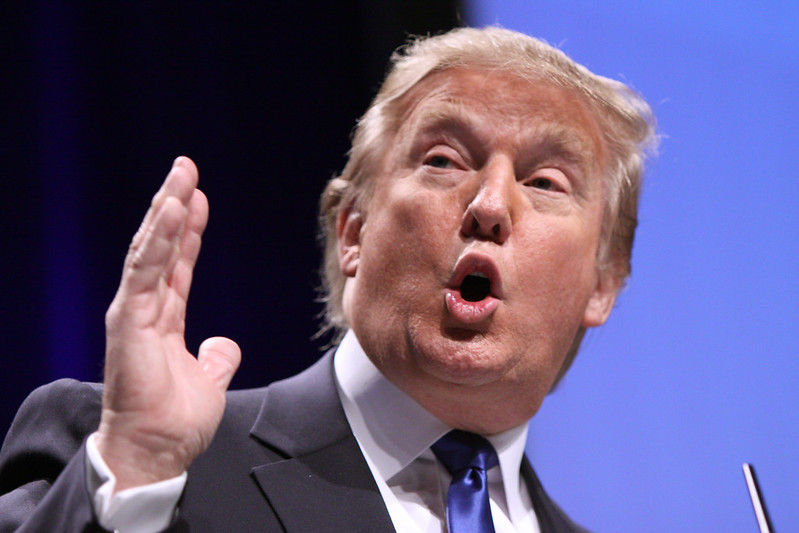What Trump’s election win could mean for AI, climate and health
By Jeff Tollefson, Max Kozlov, Mariana Lenharo and Traci Watson,
Nature
| 11. 08. 2024
“Donald Trump” by Gage Skidmore is licensed under CC BY-SA 2.0
From repealing climate policies to overturning guidance on the safe development of artificial intelligence (AI), Republican Donald Trump made plenty of promises during his presidential campaign that could affect scientists and science policy. But fulfilling all his pledges won’t be easy.
Trump, now the US president-elect for a second time, will have some advantages as he re-enters the White House in January. The first time he took office, in 2017, his victory was a surprise, and many government watchers who spoke to Nature say he didn’t have a solid plan. By contrast, the Trump administration that enters office next year will be better prepared, and Trump himself is likely to face fewer checks on his power now that he has consolidated control over the Republican establishment, says Matt Dallek, a political historian at George Washington University in Washington DC who studies the evolution of the modern conservative movement.
But that doesn’t mean he will be able to do as he pleases, Dallek adds. “There’s a...
Related Articles
By David Jensen, California Stem Cell Report | 02.10.2026
Touchy issues involving accusations that California’s $12 billion gene and stem cell research agency is pushing aside “good science” in favor of new priorities and preferences will be aired again in late March at a public meeting in Sacramento.
The...
By Teddy Rosenbluth, The New York Times | 02.09.2026
Dr. Mehmet Oz has urged Americans to get vaccinated against measles, one of the strongest endorsements of the vaccine yet from a top health official in the Trump administration, which has repeatedly undermined confidence in vaccine safety.
Dr. Oz, the...
By Leah Romero, SourceNM | 02.06.2026
An historical poster from 1977 created by Rachael Romero for the
Wilfred Owen Brigade in San Francisco, California. (Library of Congress)
Members of the New Mexico Legislature’s House Government, Elections and Indian Affairs Committee advanced a memorial Friday that calls...
By Pei-Chieh Hsu, Taiwan Insight | 02.02.2026




